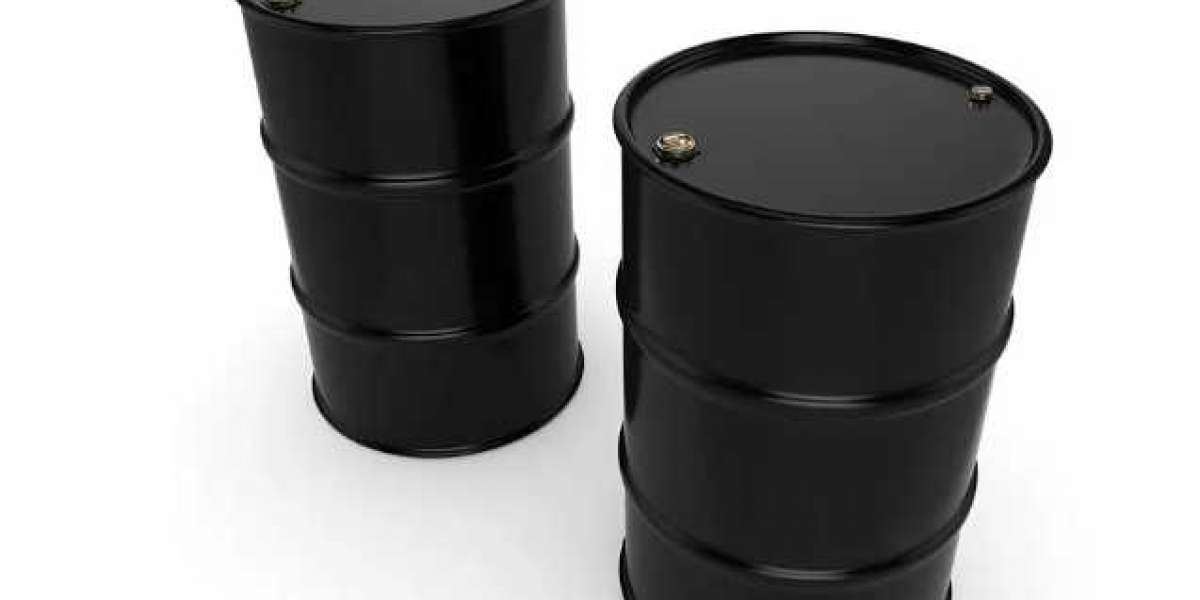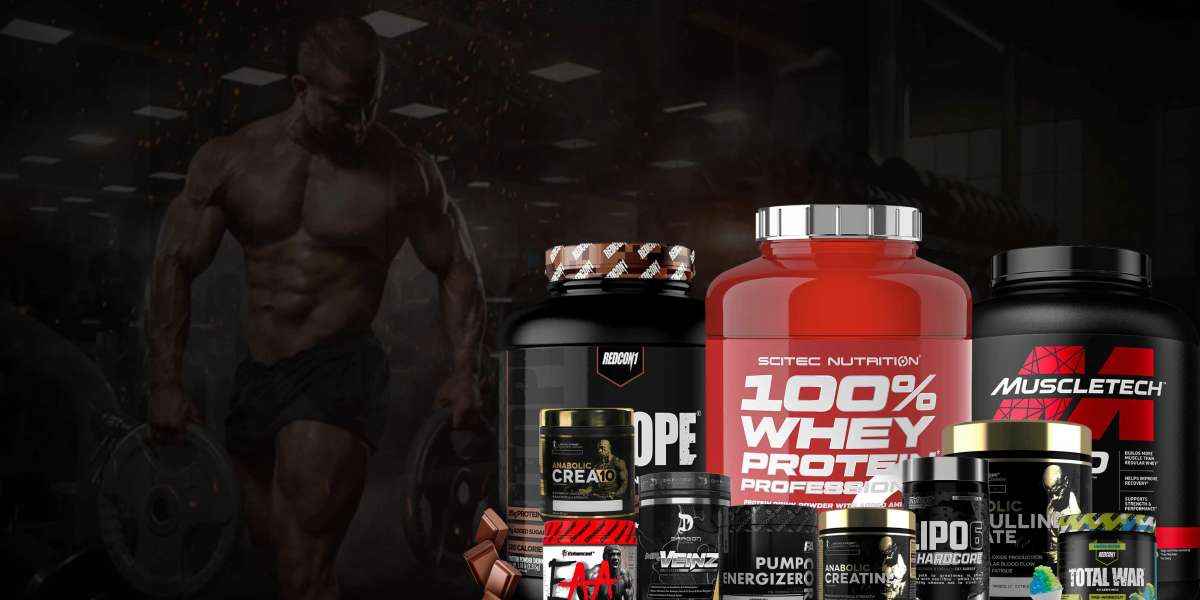Linear olefins, also known as linear alpha olefins (LAOs), are versatile hydrocarbon compounds that find extensive use in various industrial applications. With their unique chemical properties, linear olefins have become indispensable in several sectors, ranging from plastics and detergents to lubricants and synthetic oils. In this article, we will delve into the diverse industrial applications of linear olefins and highlight their significance in different industries.
I. Plastics and Polymers
Linear olefins play a crucial role in the production of plastics and polymers. They serve as key building blocks for the synthesis of high-density polyethylene (HDPE), linear low-density polyethylene (LLDPE), and other polyolefins. These materials are widely used in packaging, automotive components, construction materials, and various consumer goods.

II. Detergents and Surfactants
Linear olefins are essential ingredients in the manufacturing of detergents and surfactants. Their unique chemical structure allows them to act as excellent emulsifiers and foaming agents. Linear alkylbenzene (LAB), derived from linear olefins, is a primary component in the production of biodegradable detergents, laundry powders, and liquid soaps.
III. Lubricants and Synthetic Oils
Linear olefins find extensive use in the formulation of lubricants and synthetic oils. Due to their excellent thermal stability and low volatility, they are ideal for high-performance applications. Linear alpha olefins (LAOs) are commonly used as viscosity modifiers, base oils, and additives in automotive lubricants, industrial oils, and hydraulic fluids.
IV. Adhesives and Sealants
Linear olefins are employed in the production of adhesives and sealants. Their ability to bond to a wide range of substrates makes them valuable in various industries, including construction, automotive, and packaging. Linear olefin copolymers (LOCs) are often used as adhesion promoters, providing enhanced bonding strength and flexibility.

V. Synthetic Rubber
Linear olefins are utilized in the production of synthetic rubber, particularly in the manufacturing of ethylene-propylene-diene monomer (EPDM) rubber. EPDM rubber exhibits excellent resistance to heat, weathering, and chemicals, making it suitable for automotive parts, electrical insulation, and roofing membranes.
VI. Other Applications
Linear olefins have additional applications in industries such as textiles, pharmaceuticals, and agriculture. They are used as intermediates in the synthesis of specialty chemicals, solvents, and agricultural chemicals. Additionally, linear olefins are employed in the production of corrosion inhibitors, antistatic agents, and plasticizers.

Conclusion
Linear olefins, with their diverse chemical properties, play a vital role in numerous industrial applications. From plastics and detergents to lubricants and synthetic rubber, their versatility and functionality make them indispensable in various sectors. Qixi International Trade, a leading supplier of linear olefins, provides high-quality products that cater to the needs of different industries. With their commitment to excellence, Qixi International Trade continues to contribute to the growth and innovation of industrial applications utilizing linear olefins.







